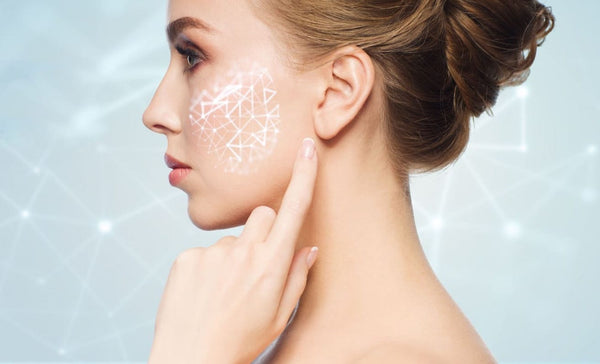What are exosomes and why are they trending?

Exosomes—tiny, cell-derived vesicles—are becoming the hottest topic in skincare and regenerative medicine. These microscopic messengers, rich in proteins, lipids, and genetic material, facilitate vital communication between cells. More than a beauty buzzword, they are poised as a frontier in repairing, rejuvenating, and protecting the skin. In this blog, we'll explore what exosomes are, why they've gained traction in skincare, and what science—and safety—really say about their potential.
Understanding Exosomes: Tiny Communicators at Work
Exosomes are extracellular vesicles, about 30–150 nanometers in size, released by nearly all cell types. They act as molecular couriers, transporting bioactive cargo like RNA, proteins, and lipids between cells. By doing so, they have a hand in regulating processes such as cellular repair, inflammation control, and tissue renewal.
In dermatology, exosomes are being studied for their ability to modulate skin functions and tackle conditions like psoriasis, eczema, acne, vitiligo, and even aging-related decline.
Their potential as not just skincare additives but also diagnostic biomarkers and therapeutic agents is increasingly recognized.
Why Exosomes Are Trending in Skincare
-
Regenerative Appeal
Exosomes are heralded for their "cellular repair" capabilities—boosting collagen, smoothing texture, and aiding in wound healing. Brands highlight their role in addressing pigmentation, fine lines, elasticity, and inflammation -
K-Beauty to Global Fame
Originating in Korean clinics, exosomes soon captured attention on global fashion and beauty platforms like Vogue, Allure, and Elle as the next big shift in skin science -
Beyond Treatments
While exosomes are often paired with in-clinic procedures like microneedling to enhance healing and rejuvenation, affordable topical versions like The Inkey List's serum (at around £20) are making them more accessible
The Science—And the Caveats
Despite the allure, exosome skincare is not without controversy. Experts point to a lack of regulation, inconsistent formulation, and unverified claims, noting that no exosome-based product currently has FDA approval. Safety worries include variability in exosome sources and a high potential for contamination.
Even consumers have reported concerns:
"They’re still pretty much experimental... we might actually get real standardized therapies in 10–20 years."
—a Reddit user
Scientists agree that while investigative studies are exciting, exosomes remain largely experimental—demanding more rigorous evaluation.
How to Approach the Hype Smartly
If you're considering exosome-infused skincare:
-
Look for human-derived, well-studied sources—especially mesenchymal stem cell (MSC) exosomes—backed by clinical data
-
Use them after cleansing or exfoliation to promote penetration—especially following treatments like microneedling
-
Be wary of unregulated products and consult professionals if opting for injectable or clinical treatments
Final Takeaway
Exosomes are fascinating frontier science with real promise for boosting skin regeneration, texture, and overall health. But current use in skincare is still early-stage and poorly regulated. If you're curious, seek products with transparent sourcing, credible research, and cautious formulation.Stay informed, and let science—not hype—guide your choices.








